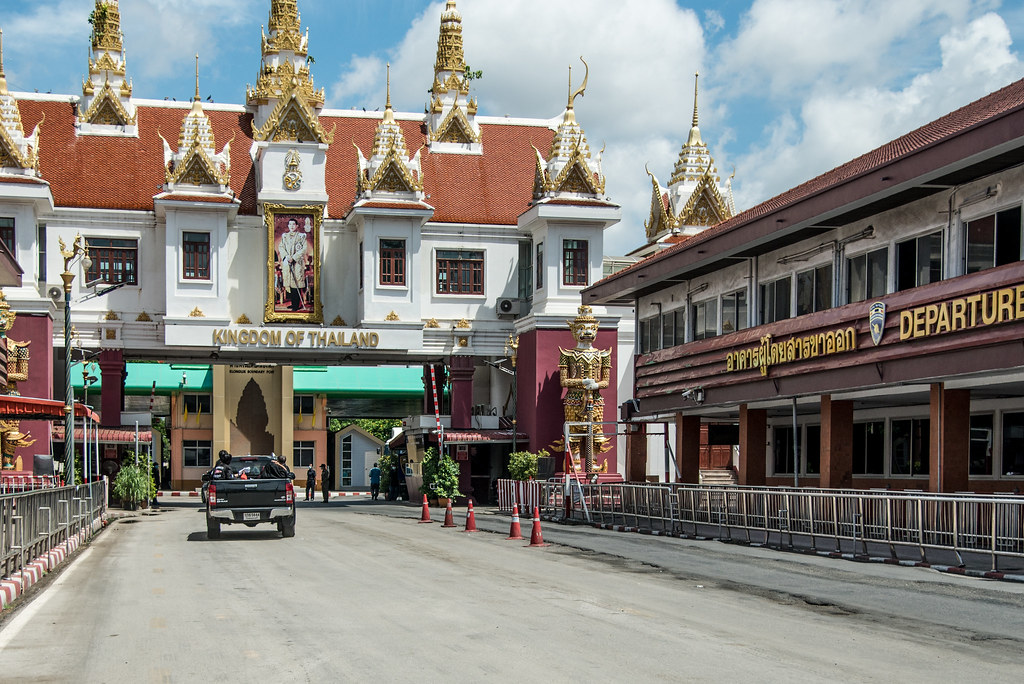Government Enacts Restrictions But Avoids Lockdown
Share:

The Royal Thai Government has introduced stricter measures on Friday to deal with the ongoing third wave of infections. However, more drastic actions like lockdowns and curfews are absent from the list of measures being enacted.
In addition, the government has placed specific focus on the “highest risk” provinces, which number 18 jurisdictions as of today, Friday.
Under the new rules, convenience stores and other 24-hour establishments are now mandated to close by 11 pm. They are to remain closed until 4 am of the next day. The government said that these measures will be effective for the next two weeks, after which the outcome of the restrictions will be evaluated.
The government also hinted on the possibility of introducing more stringent restrictions if the current ones are ineffective at keeping the number of cases down.
Prime Minister Prayut Chan-o-cha said that they have decided to forego the more severe actions like curfews and lockdowns after determining that doing so will have an impact on low-income earners.
“I’m deeply concerned about the impact [of these restrictions] on low-income earners. It is usually considerable,” he said in a televised address following yesterday’s meeting of the Center for COVID-19 Situation Administration.
“With this in mind, we couldn’t really select more decisive action,” he concluded.
Prime Minister Prayut also added that the government has learned much about how the blanket lockdown imposed last year had affected the economy. Although he acknowledged the positive effect the lockdown had on the number of cases in Thailand, the Prime Minister also brought to light the economic damage the decision had inflicted.
Instead, Gen. Prayut said he preferred ordering businesses to shorten their operation hours in lieu of a lockdown.
He also defended the decision to allow people to travel during the Songkran holidays, explaining that a ban on travel would have significant negative impact on the grassroots economy. He also said people wanted to visit their relatives in the provinces for the Thai New Year.
During the meeting, the CCSA decided to put 18 provinces under the red zone classification. These include Bangkok, Chiang Mai, and Phuket. 59 other provinces have been placed under the less severe “orange zone” list.
Phuket, which is scheduled to start the sandbox model by July 1, will have to revise the timeline for the said project. Tourism and Sports Minister Phiphat Ratchakitprakarn said that he will be meeting with various agencies relevant to the project to discuss an amended timeline and protocols following the rapid rise in cases in the Kingdom.
Minister Phiphat said that the primary concern is having 70% of the Phuket’s population vaccinated before July 1. With the mounting number of cases, the timeline for “herd immunity” will be affected as the government re-allocates vaccines to higher risk provinces.
Prime Minister Prayut said during his address that the government is working to procure more vaccines in order to meet the goal of nationwide herd immunity, which requires inoculation of at least 60% of the population.
Thailand’s ongoing vaccination campaign has brought the jabs to between 500,000 to 600,000 people.
Source:
Bangkokpost